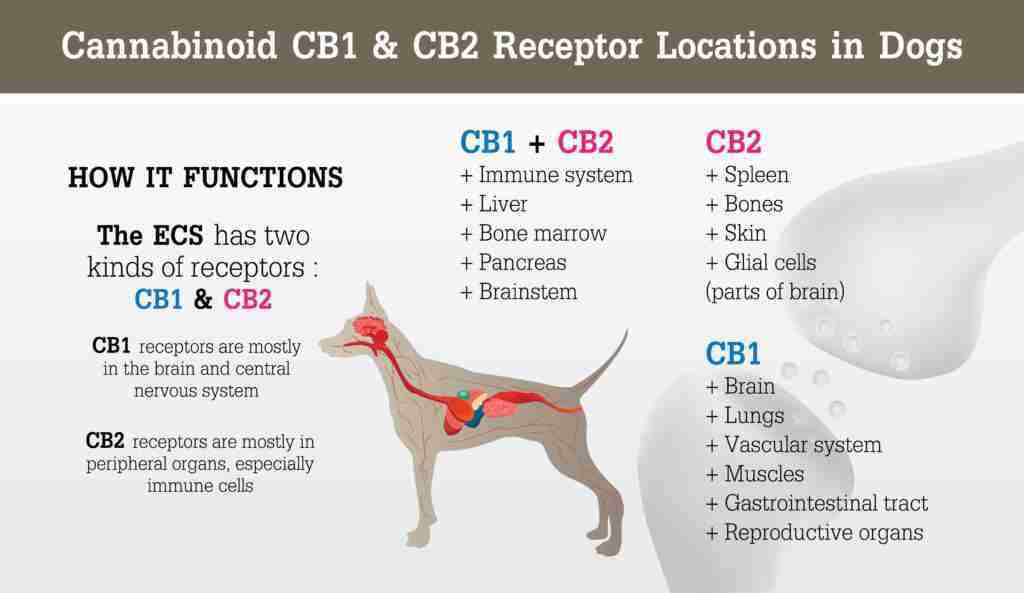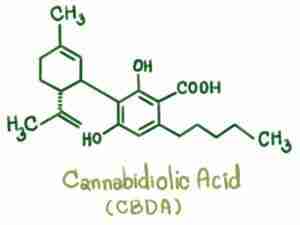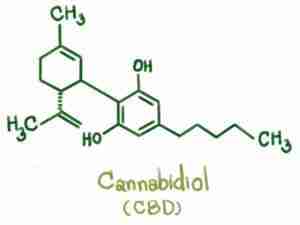The Amazing and positive effects of CBD on Dogs
CBD is a non-intoxicating compound found in hemp plants
CBD, also known as cannabidiol, is a non-intoxicating compound in hemp and cannabis plants. It’s an incredible source of natural healing power, but most people don’t realize just how multi-faceted this plant-based supplement is.
From relieving chronic discomfort to treating various inflammatory conditions, CBD has been found to have many positive health benefits that make it a true miracle drug. Not to mention that it works without the usual harmful side effects associated with traditional medications! So whether you’re looking for a powerful new way to take care of your well-being or want access to superior plant-based alternatives, turning to CBD could be the answer you seek.
CBD works on dogs through their endocannabinoid system.
When many hear about CBD and its benefits, they think it’s just hype. However, thousands of pet owners are starting to use CBD oil on their beloved dogs and are noticing a considerable difference in their pets. This is because CBD works on dogs through their endocannabinoid system; like humans, canines have endocannabinoid receptors that respond to cannabinoids that help promote homeostasis within the body.
Using a quality source of CBD oil specially formulated for pets can help keep their endocannabinoid system functioning at its best, allowing their bodies to respond positively to the environment around them while assisting them to feel calm and relaxed.
CBD can be used to Address various conditions in dogs, such as stress, physical discomfort, and inflammation
CBD is becoming increasingly popular among pet owners, and these owners are beginning to unlock the potential of this incredible natural compound. A growing body of research suggests that it may be a safe and reliable way to address various conditions in dogs, including mobility issues, joint discomfort, and even anxiety or stress related to stressful situations.
CBD can help pets enjoy increased energy levels and mobility by reducing inflammation and providing long-term improvements. Not only does this mean the pup will have fewer moments of discomfort or pain with increased mobility, but it can also lead to better long-term health and well-being. CBD’s beneficial effects have shown pet owners to start finding holistic ways to manage their dog’s health conditions; humans aren’t the only ones who can reap the rewards of this unique compound!
CBD is safe for dogs and has few side effects
CBD, or cannabidiol, is all the rage right now – and it’s no wonder why. Not only is it safe for humans, but research indicates that it can also have similar beneficial effects on dogs! In multiple studies conducted in Europe and North America, the side effects of CBD on canine health were minimal. On top of that, what few were documented were not found to be severe or long-lasting, an outcome that can bring immense relief to beloved pet owners worldwide.
Let’s not forget the potential advantages of taking CBD for our four-legged friends: it offers stress relief, improves mobility and joint function, and even reduces inflammation. All these factors make CBD a safer option than many commonly prescribed medications for members of man’s best friend family!
CBD is easily dosed using drops.
CBD dosing has never been easier. Thanks to the wonderful, ever-evolving world of CBD products, getting just the right amount of this cannabinoid is as simple as measuring out a few drops. Accurately measuring doses of CBD oil allows users to personalize their experience, tailoring it to the perfect amount for what they need on any given day. And, because it’s generally considered safe with limited side effects and no recorded fatalities, many users find comfort in knowing they can experiment with different doses to find what works best for them. In short, if you’ve been wondering how to get just the correct dose of CBD, look no further: droppers are your friend!
Start with a low dose of CBD and increase gradually as needed.
When trying out new CBD products, starting with a low dose and increasing gradually as needed is essential. Take your time, building up before you feel the full effects of your chosen product. This approach allows your body to get accustomed to chemicals not typically found in nature. It can take some trial and error on your part, but starting small will help ensure you don’t experience any nasty side effects or extreme sensitivity that could discourage you from continuing to use the product. As long as you keep an open mind and stay patient – taking things one step at a time – CBD may be just what you need to get back into balance.
From chronic discomfort to general stress, CBD can be a powerful tool in the health regimen of our furry friends. It’s an all-natural and safe way to battle these conditions with few – if any – side effects. And much like humans, dosing CBD is as simple as adding drops in a food or treat for our beloved dogs. But remember to start small and work your way up if you need more relief. Doing so can help improve your pup’s quality of life with Genie’s Hemp Signature Blend. After all, no one deserves to suffer in silence…especially when products like this can offer your four-legged family member just what they need!”
To find out more information, please visit The Animal Endocannabinoid System.











